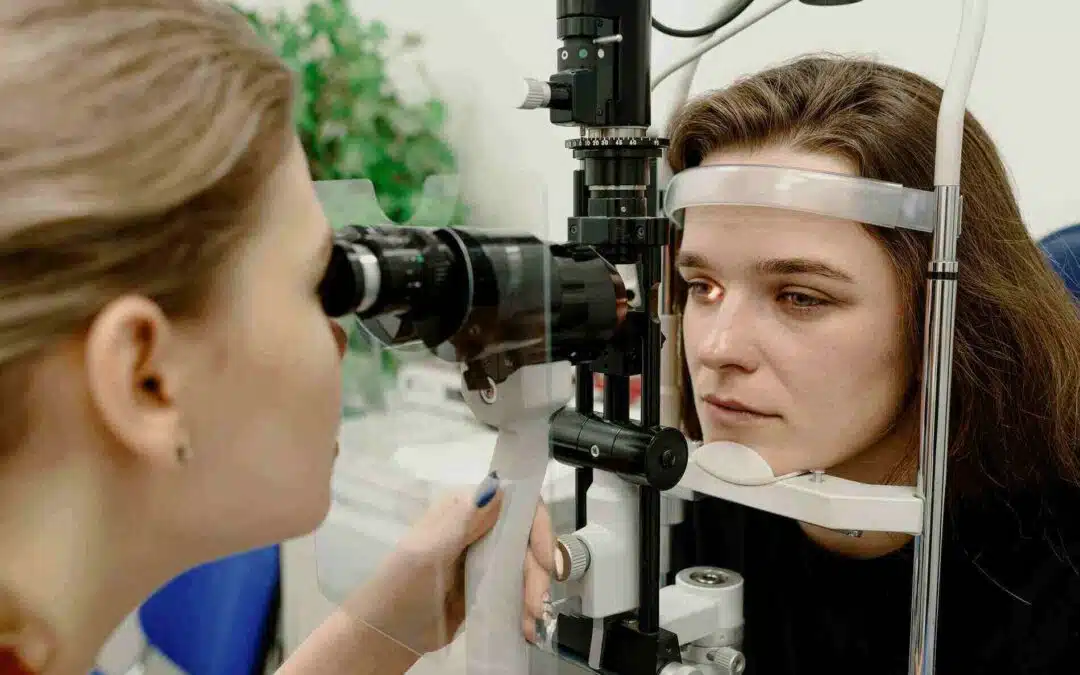When you’re selling your optical practice, there’s a lot to keep in mind, but one of the top considerations has to be whether you want a share or asset sale. Deciding the kind of transaction to use depends on your circumstances and knowing the differences between both options is key. Here, we take a look at everything you need to know about share and asset sales so that you can be well-informed.
Liabilities And Assets – What Will The Buyer Acquire?
If you opt for a share sale for your optical practice, your buyer will be acquiring shares in your company. That means they will take over your company and all of its assets and liabilities will still be owned and owed, respectively, by the optical company itself.
If you opt for an asset sale, your buyer will be only acquiring the liabilities and assets of your optical business that have been outlined in your primary sale agreement. That means that this transaction type allows buyers to select the liabilities and assets of your business that they want to take on.
Tax Treatment – How Does It Differ?
Share and asset sales are treated differently for tax purposes. In general, sellers prefer share sales in terms of taxation, whereas buyers tend to prefer asset sales. It’s vital to get advice from a tax professional with extensive experience in handling transactions of this kind before you decide on the right kind of transaction for you.
How Will My Employees Be Affected?
If you opt for a share sale, generally your employees’ contracts won’t be affected since their employer i.e., the company remains the same. If you opt for an asset sale, your employees’ contracts transfer automatically to your buyer. If your buyer is intending to change their employment terms after the completion of the sale, they are required to inform the employees and consult with them about the proposed changes before the completion goes through and that can result in delays in your sale.
What Are The Disadvantages And Advantages Of An Asset Sale For The Seller?
There are two key advantages of opting for an asset sale if you are selling your optical business:
- You will be typically required to provide fewer indemnities and warranties
- You can exclude assets that you don’t intend to transfer.
On the other hand, there are several disadvantages too:
- Transferring individual assets and contracts to the buyer could require third-party consent or additional registrations and that can take time and effort.
- You must obtain releases of security interests that affect the business assets from your financier before completion.
- Generally, you will retain business liabilities.
What Are The Disadvantages And Advantages Of A Share Sale For The Seller?
The advantages of a share sale for sellers include:
- Better overall returns if tax concessions access is included in the transaction.
- Supplier, employment, and client contracts stay within the business so there is less risk and effort.
On the downside, there are some disadvantages to consider too:
- You may need to supply extensive indemnities and warranties, potentially for a long period.
- Some of your purchase price might have to be held on trust.
- You may have to comply with restrictions on third party share transfers.
Taking professional advice is imperative in order to determine whether a share or asset sale is the right choice for your optical business.


